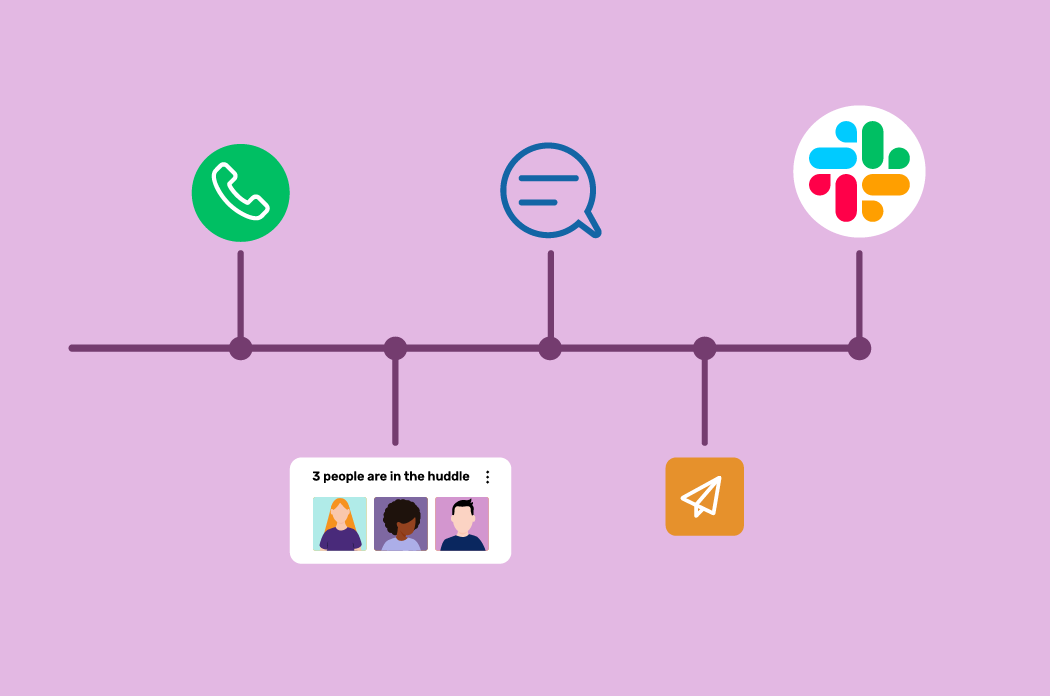Former Shopify Execs Create Maple, Parenting and Organization App
Michael Perry joined Shopify when the Canadian e-commerce company acquired his startup, Kit, in 2016.
About four years later, he left Shopify and started a new entrepreneurial journey. In 2020, he launched Maple, a startup that aims to make parenting and household management easier through the use of software.
While Maple is a departure from commerce for Perry and his cofounder, Mike Taylor, the work they’re doing has some parallels with Shopify. Taylor spent years at Shopify as a senior engineering lead, and he cofounded Kit with Perry.
“I believe deeply that we’ve done a great job in the work that we did at Shopify to really build technologies to allow any single person to compete against any size company,” Perry told Insider. “And I had to think, well, why could we not build technology to make the promise of parenting being easier actually possible?”
The idea for Maple came from his time as a new dad. He now has two children, who are 1 and 3. Perry said the experience of becoming a parent completely changed his career ambitions.
With Maple, parents can create and assign tasks like paying the bills, planning a family trip or birthday party, and doing chores. It combines the workflow features of Asana with the calendar and sharing capabilities of Google Workspace to create the ultimate tech stacks for parents.
“Everyone’s trying to take these tools in the workplace and backing them into the home,” Perry said. “We said, let’s make the home the primary experience.”
Maple has developed an in-app browser (think Pinterest) that lets parents search for ideas to try, such as recipes, travel guides, or fall activities. The idea cards, called “plans,” are created by parents, brands, and influencers, and they must be approved by the Maple team before they can appear in the browser. The browser launched on September 28 with 300 plans made by superusers and partner brands like the baby-food seller Yumi.
“The next Martha Stewart is going to be made on Maple,” Perry said.
All the plans are available for free for now, but starting next month the company intends to give creators the ability to charge a fee for other users to adopt their plans.
Perry sees the browser as potentially creating a new way for parents to participate in the creator economy. For example, a Disney aficionado created a guide for visiting Disneyland that parents planning a trip could find within the Maple app’s browser. Perry said that while that guide is free, the creator plans to create more detailed versions that users could pay a small fee to access.
“We’re just super excited about this new opportunity for people who are spending all of this time that has been historically unpaid,” Perry said. “Planning the trips, planning for summer camp, planning for Disneyland, planning the week’s meals, the college financial planning — whatever they’re planning, there is a family in need of that same exact information.”
App Store
Taking a page from Shopify’s playbook
Perry said that building out Maple mirrored Shopify’s growth in a couple of ways. First, similar to how Shopify capitalized on the shift to online retail, Maple hopes to shift online the planning and information sharing that has typically happened in person.
The Shopify App Store, which has more than 7,000 apps geared toward online sellers, also provided some inspiration for Perry. Those apps are designed to integrate with the Shopify platform and simplify tasks like marketing and accounting for merchants. A company representative previously told Insider that the average Shopify merchant uses six third-party apps to run their business.
“In terms of mirroring that blueprint, we’ve built some great underpinning technology for people to run their home,” Perry said. “We now are opening that up for very creative people to leverage that technology to create new economies.”
The company says more than 40,000 households have downloaded Maple’s app. It does not generate revenue but plans to launch an undisclosed paid product early in 2023.
Perry is one of many Shopify alumni who left Shopify to pursue entrepreneurship. Some, like Perry, have focused on software, while others have launched their own Shopify-powered direct-to-consumer stores.
Maple employs 11 people. It has raised $5 million in venture funding from investors including Inspired Capital; Shasta Ventures; BoxGroup; G9 Ventures; Harley Finkelstein, Shopify’s president; and other Shopify-affiliated angel investors.
Perry said the household is one of the last areas to be transformed through software, describing that as a symptom of a tech industry that has largely focused on problems faced by white men. A report by PitchBook found that female founders received only 2% of venture investment in 2021.
Maple has partnered with Winnie, a web app for finding childcare, and EarlyBird, which helps families invest in their kid’s financial future, to bring their content to the Maple app.
Perry hopes tools like Maple will help bring more equality to the home.
He said Maple helps to “erode so much of that mental load that has sat on one person’s shoulders, that not only do they do the planning, but that because they’re doing the planning, they’re also doing the work.”



